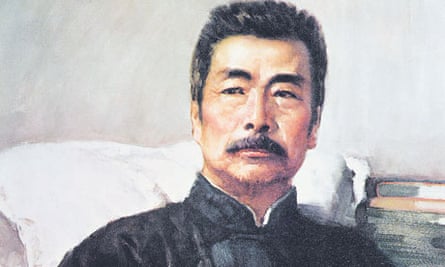Per @SixthTone’s arts & culture reporter @Xiguaken: 1/

However, she said she’d still prefer an age-appropriate grading system over the blanket real-name registration rule. 20/end

Keep Current with David Paulk 波大卫
This Thread may be Removed Anytime!
Twitter may remove this content at anytime, convert it as a PDF, save and print for later use!

1) Follow Thread Reader App on Twitter so you can easily mention us!
2) Go to a Twitter thread (series of Tweets by the same owner) and mention us with a keyword "unroll"
@threadreaderapp unroll
You can practice here first or read more on our help page!